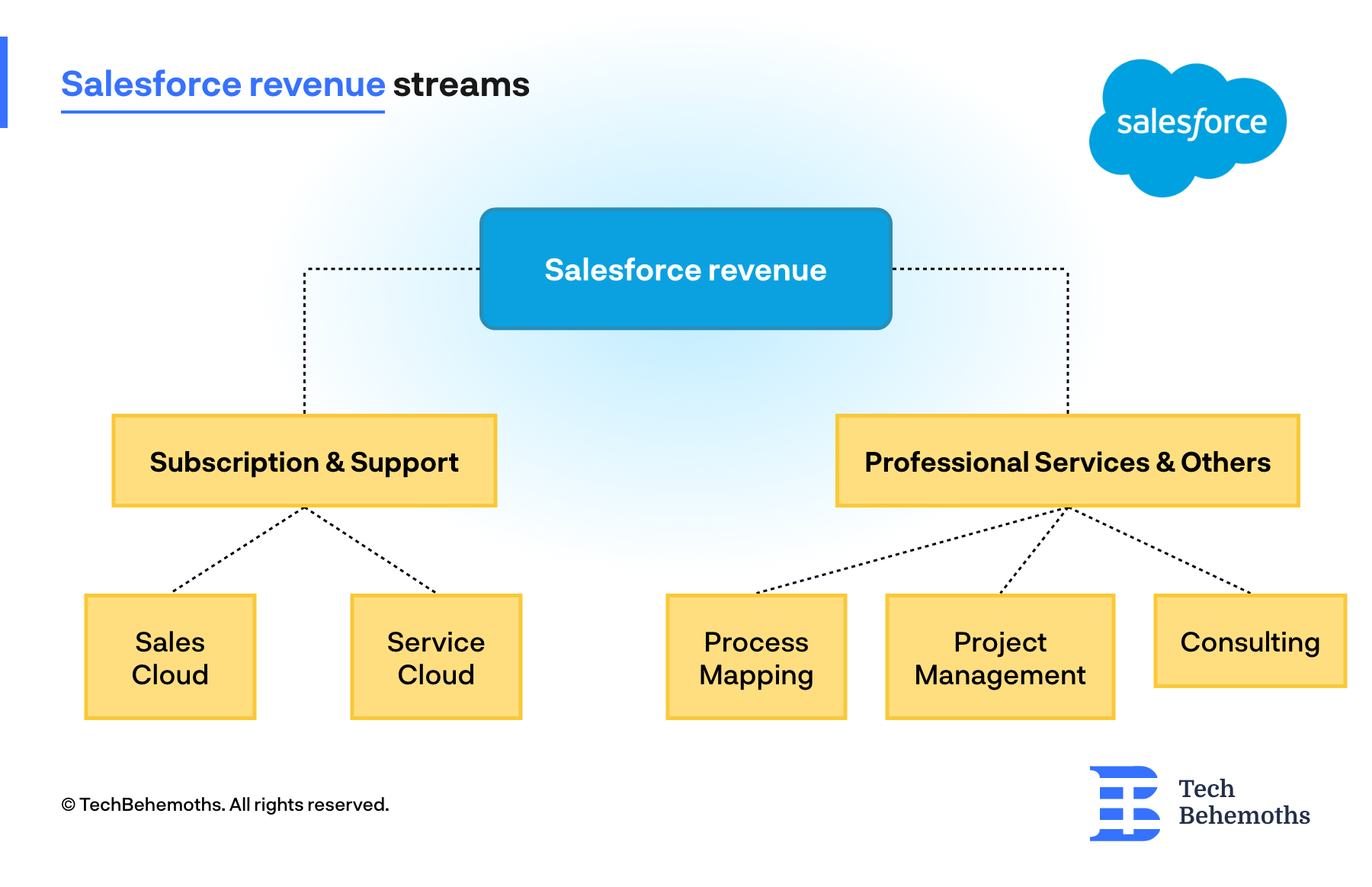Salesforce’s latest financial report reveals a story of contrasting fortunes. While the customer relationship management (CRM) giant delivered impressive earnings, exceeding analyst expectations, its tempered revenue outlook has dampened investor enthusiasm, leading to a stock dip. This mixed performance highlights the challenges Salesforce faces in balancing profitability with sustained growth in an evolving macroeconomic environment.

Strong Earnings, Cautious Outlook
Salesforce Inc. (NYSE: CRM), under the leadership of CEO Marc Benioff, announced its second-quarter fiscal 2026 results on Wednesday, September 3, 2025. The report showcased adjusted earnings per share (EPS) of $2.91, surpassing the consensus estimate of $2.78, according to analyst forecasts. Revenue also exceeded expectations, climbing 10% year-over-year to $10.24 billion, against an analyst forecast of $10.14 billion. Profitability saw a significant boost, with net income reaching $1.89 billion, up from $1.43 billion in the year-ago quarter.
Key Performance Highlights
- Earnings: Adjusted EPS of $2.91, exceeding the $2.78 consensus estimate.
- Revenue: $10.24 billion, a 10% year-over-year increase, surpassing the $10.14 billion analyst forecast.
- Profitability: Net income of $1.89 billion, up from $1.43 billion year-over-year.
Revenue Guidance Concerns
Despite the strong Q2 performance, Salesforce’s revenue guidance for the third quarter (Q3 Fiscal 2026) and full fiscal year 2026 fell short of market expectations. The company projected Q3 revenue to be between $10.24 billion and $10.29 billion. The midpoint of this range is below the Street’s target of $10.29 billion. While Salesforce raised the lower end of its full-year fiscal 2026 revenue guidance to between $41.1 billion and $41.3 billion, it remained below some analyst estimates of $41.4 billion.
Factors Influencing the Outlook
Salesforce executives attributed the more cautious revenue outlook to “measured buying behavior” from customers. This includes elongated deal cycles, deal compression, and increased budget scrutiny in the current macroeconomic environment. Investors are also expressing concerns that the monetization of Salesforce’s investments in artificial intelligence (AI) is not accelerating revenue growth as rapidly as hoped.
Market Reaction and Investor Sentiment
The mixed results triggered a negative market reaction, with Salesforce’s stock declining over 5% in after-hours trading following the earnings release. This decline reflects dampened investor enthusiasm, creating a disconnect between the company’s strong underlying fundamentals and market sentiment that is seeking more aggressive growth prospects. The stock dip occurred in extended trading on Wednesday, September 3, 2025, and continued into pre-market trading on Thursday, September 4, 2025.
Balancing Profitability and Growth
In response to market concerns, Salesforce is emphasizing its focus on profit margin improvements and cost optimization while pushing its AI transformation strategy through platforms like Data Cloud and Agentforce. According to Salesforce, Data Cloud and AI annual recurring revenue surpassed $1.2 billion, up 120% year-over-year. CEO Marc Benioff highlighted an “outstanding quarter” across revenue, margin, and cash flow, indicating the company’s commitment to balancing profitability with growth initiatives.
The AI Monetization Challenge
A key area of investor scrutiny is the pace at which Salesforce is monetizing its investments in AI. While the company has made significant strides in developing AI-powered solutions, such as the Agentforce platform, the revenue impact is not yet fully reflected in the company’s overall growth rate. This has led to questions about the effectiveness of Salesforce’s AI strategy and its ability to drive future revenue growth.
According to reports from various financial news outlets, including Seeking Alpha, SiliconANGLE, and Investopedia, the market is closely watching how Salesforce leverages its AI investments to accelerate revenue growth in the coming quarters. The company’s ability to successfully monetize its AI offerings will be crucial in restoring investor confidence and driving future stock performance.
Salesforce’s Strategic Response
Salesforce is actively addressing these challenges by focusing on several key strategic initiatives:
- Profit Margin Improvements: Implementing cost optimization measures to enhance profitability and improve financial performance.
- AI Transformation: Pushing its AI transformation strategy through platforms like Data Cloud and Agentforce to drive revenue growth.
- Customer Engagement: Working closely with customers to address their evolving needs and navigate the current macroeconomic environment.
These initiatives are aimed at positioning Salesforce for long-term success in a rapidly changing market landscape. The company’s ability to execute these strategies effectively will be critical in achieving its growth objectives and delivering value to shareholders.
Conclusion
Salesforce’s recent financial report presents a complex picture. While strong earnings demonstrate the company’s operational efficiency and profitability, the cautious revenue outlook underscores the challenges it faces in a dynamic market. As Salesforce navigates these challenges, its ability to monetize its AI investments, manage costs effectively, and adapt to evolving customer needs will be crucial in determining its future success. The contrasting fortunes highlight the importance of balancing short-term financial performance with long-term growth strategies.


